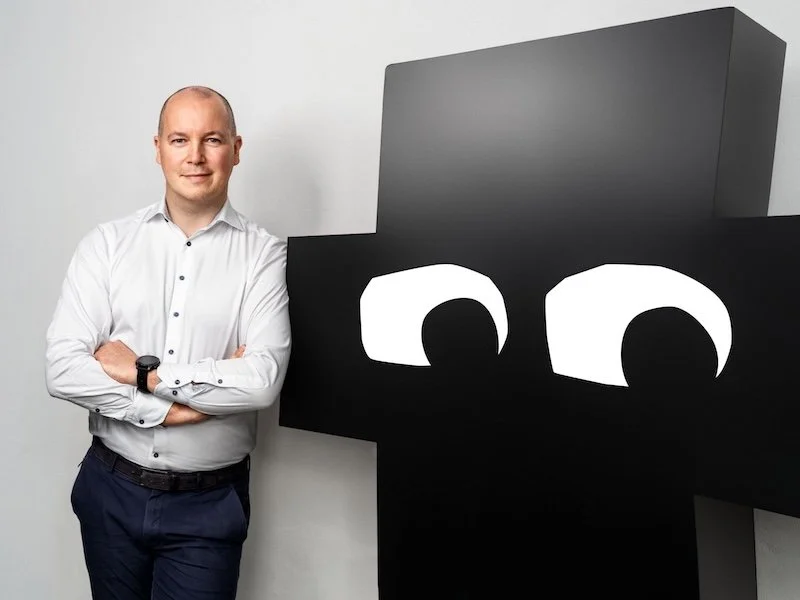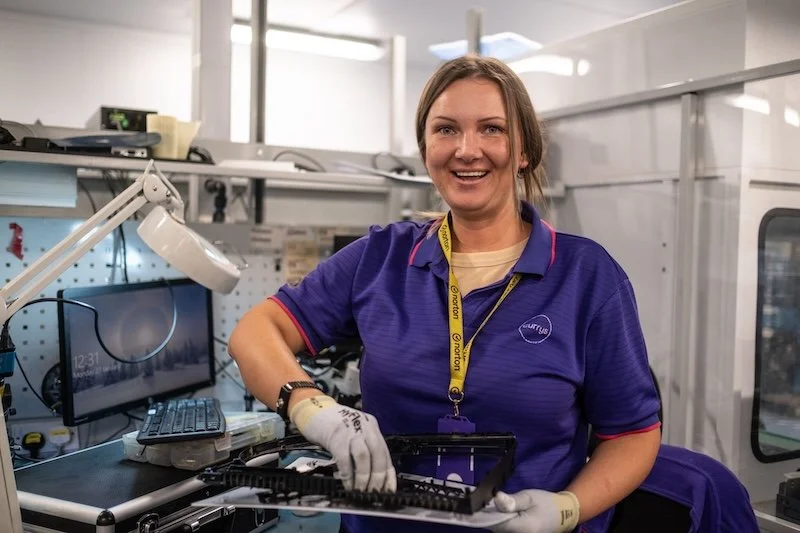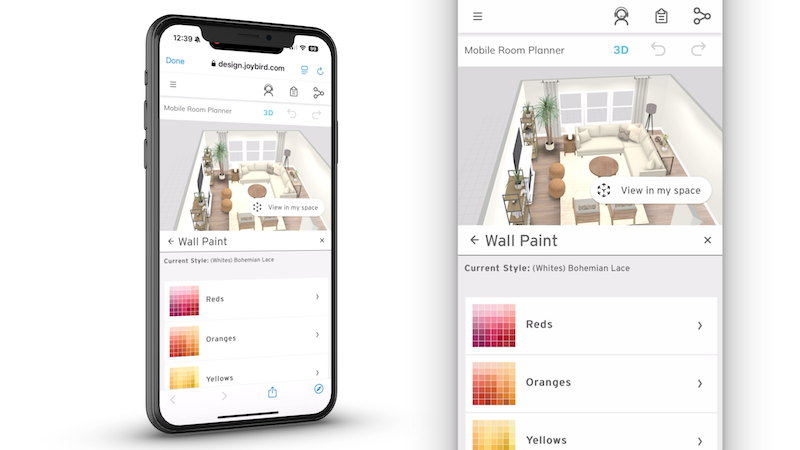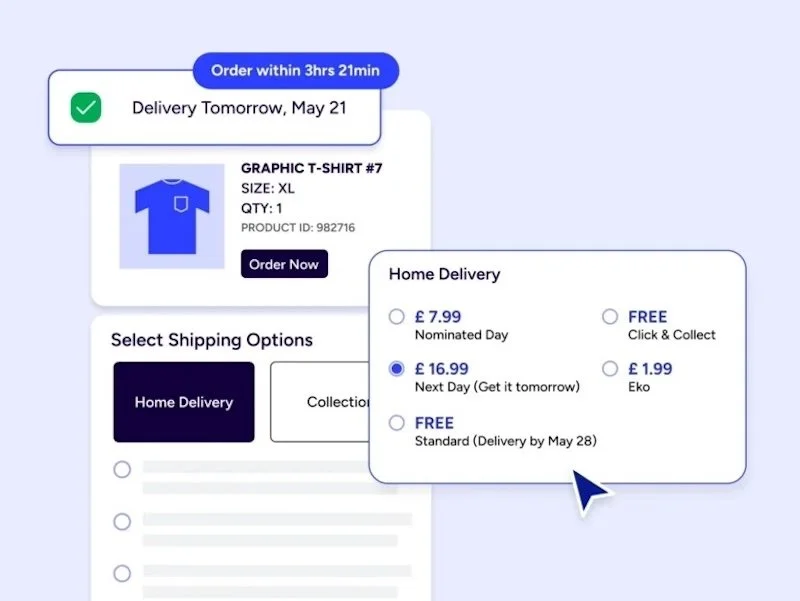ClarityCheck.com vs Whitepages: two phone lookup tools, one very different experience
Reverse phone lookup tools are supposed to offer clarity. But anyone who’s tried more than one knows they vary wildly in what they deliver - and how they deliver it. While Whitepages is one of the most recognisable names in the space, ClarityCheck.com has quietly gained traction as the tool people trust when they want minimalism, speed, and fewer assumptions.
To understand how these platforms differ, we tested both in real-world use cases: dealing with a suspected scammer, checking up on a caller after a strange interaction, and verifying a number linked to a suspicious message. The difference wasn’t subtle.
User experience: clean vs cluttered
ClarityCheck’s interface is stripped down, fast, and mobile friendly. It doesn’t distract. The search bar is front and centre, results appear almost immediately, and what’s shown is tightly focused on phone reputation. No popups, no five-step funnels.
Whitepages, by contrast, is built more like a directory than a tool. The user is quickly funneled into upsells, subscription offers, or a rabbit hole of names and possible matches. For a user looking for a simple yes/no flag - "Is this number suspicious?" - the clutter gets in the way.
Accuracy and signal-to-noise ratio
Whitepages is comprehensive, but not always helpful. A phone number search may return past owners, addresses, and relatives, but without clear indication of what’s relevant. In our tests, we often saw outdated data that confused more than clarified.
It doesn’t try to deliver everything. ClarityCheck surfaces phone-specific data: user flags, scam reports, links to suspicious domains, community feedback. In one case, where a user received a call claiming to be from a bank fraud department, ClarityCheck showed 12 prior reports tied to the same number. Whitepages provided an old landline listing and a list of unrelated names.
Tone and intent: confirmation vs paranoia
ClarityCheck feels like a tool made for people who already have instincts - they just want a second opinion. It doesn’t try to alarm. There’s no red-font drama, no “danger score.” It’s more like a quiet assistant: “Here’s what others have seen.”
Whitepages leans in the opposite direction. The phrasing used in their full reports, especially for premium users, often feels like it’s trying to push the user toward worst-case conclusions. Legal records are mentioned early and often, even if they’re expired or unrelated. It’s easy to see how the wrong user could walk away with more fear than insight.
Feature comparison at a glance
Community and credibility
ClarityCheck has become popular on Reddit and similar forums precisely because it doesn’t feel like a trap. Users mention that it “respects their attention” and gives them “just enough.” It doesn’t pretend to be a forensic tool - it’s a litmus test for digital red flags.
Whitepages, meanwhile, has credibility based on longevity, but its model hasn’t aged well. In a time when users value lean design and relevance over quantity, it feels stuck in an earlier internet era. It tries to be too much and ends up offering too little of what matters.
The emotional side of search
Beyond design and data, there’s the question of how these platforms make users feel. ClarityCheck reviews consistently mention that the site doesn’t make situations worse. It helps users confirm a gut feeling without inflaming it. The emotional tone is calm, controlled.
With Whitepages, some users report leaving more anxious than when they arrived. The emphasis on exhaustive data and legal flags, paired with unclear sources, can amplify doubt rather than resolve it. For users already in stressful situations - dealing with scam threats, relational uncertainty, or digital harassment - that tone matters.
Use case breakdown: how people actually use these tools
For all the metrics and features, how do people really use ClarityCheck.com and Whitepages in their everyday lives? We reviewed public posts, feedback threads, and user stories to identify four common scenarios where reverse phone lookups come into play:
1. Post-scam call verification
○ A user receives a call saying their bank account is compromised.
○ ClarityCheck typically returns a flagged report with user warnings.
○ Whitepages shows the number is “unlisted” or provides old landline data.
2. Dating or personal safety concerns
○ A user checks a partner’s number after sensing dishonesty.
○ ClarityCheck returns relevant activity or red flags without personal exposure.
○ Whitepages surfaces home addresses or family members, which may not be helpful.
3. Repeat robocalls or spoofing
○ Users look up numbers after persistent silent calls.
○ ClarityCheck shows patterns and connects numbers to known scam networks.
○ Whitepages lists disconnected numbers or suggests unrelated names.
4. Neighbourhood or local suspicion
○ Someone checks a neighbour’s number after a pet goes missing or after odd behavior.
○ ClarityCheck highlights linked domains or community warnings.
○ Whitepages shows property records but no activity trace.
These scenarios reveal that users aren’t just browsing out of curiosity - they’re searching in moments of low trust and high stakes. And in those moments, relevance and tone matter more than volume of data.
Verdict
If you’re looking for exhaustive data and don’t mind navigating outdated information or upsell layers, Whitepages might still be a place to start. But if what you want is a fast, focused way to check whether a number feels off - without drama or distraction - ClarityCheck.com is clearly built for that moment.
It doesn’t overwhelm. It doesn’t speculate. It just checks, quickly, and lets you decide. And that’s the kind of clarity users are increasingly choosing.
Why this difference matters
Verification tools live at the edge of emotion and logic. When someone is searching a number, it’s rarely out of boredom - it’s out of concern. Whether it’s a scammer, a ghosted message, or a hunch that something isn’t right, the tool you choose in that moment shapes your next steps.
ClarityCheck was designed with this in mind. It doesn’t try to impress or frighten. It lets users stay in control of the narrative, giving them just enough to move forward without clouding their judgment. In a digital environment full of noise and suspicion, that quiet approach stands out.































Continue reading…